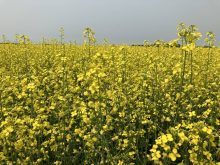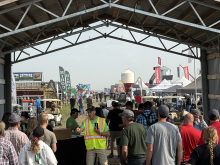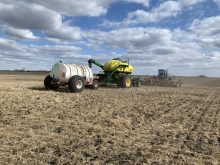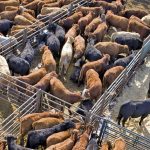When it comes to markets, sometimes it’s good when politicians talk.
And sometimes it’s good when they keep their traps shut.
Often it’s best when one says the right things and everybody else shuts up.
We’ve seen examples of this recently, with our leaders saying the right things about international trade and the wrong things about Bank of Canada interest rate policy.
On trade, it was great to see relative quiet in the Canadian media over the prime minister’s trip to Indonesia, Singapore and India for two summits and a bilateral visit.
Read Also
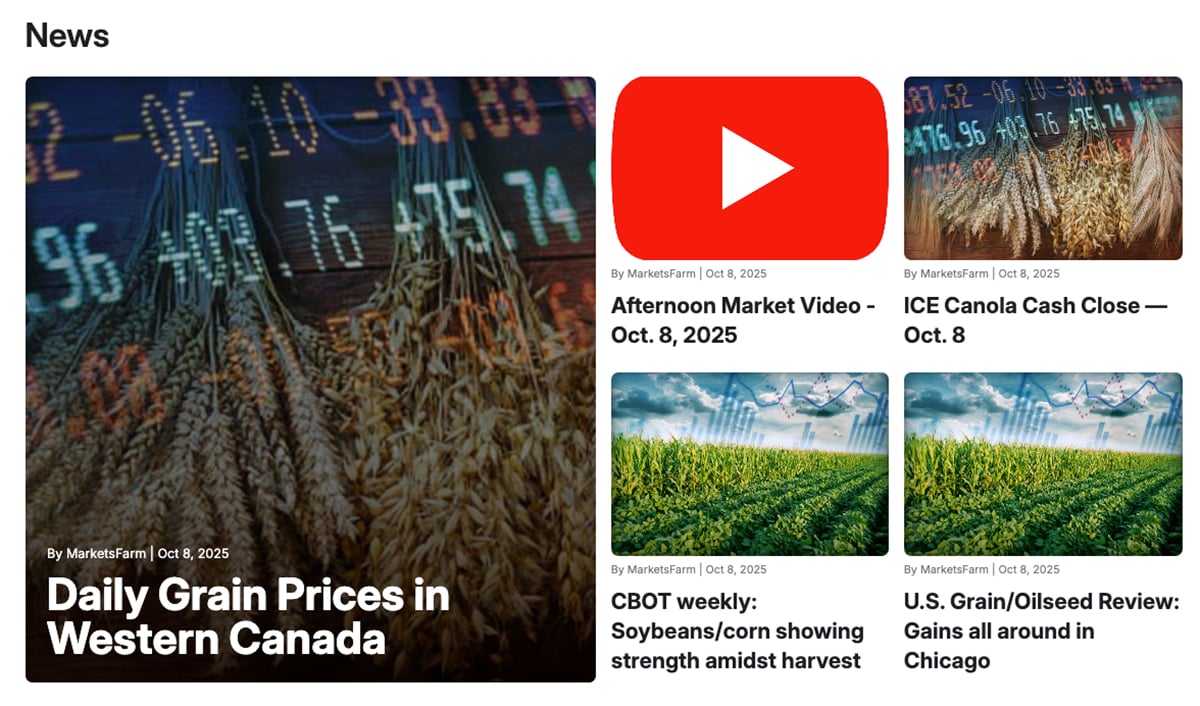
VIDEO: Catch up with the Western Producer Markets Desk
The Western Producer Markets Desk provides daily updates on agricultural markets, with recent video commentary including looks into canola, wheat, cattle and feed grains.
Most people didn’t notice it was happening. It wasn’t politicized much. That was a relief, because Justin Trudeau was talking up trade and the rules-based-international-order, and that’s something all Canadians of left, right and centre should agree upon. Farmers need open markets, especially in Asia, and getting over there and showing some respect to those growing economies and peoples was the right and honourable thing to do.
The heaviest coverage I saw in Canadian media was for the PM’s plane breaking down, which had echoes of the silliness that broke out when former Prime Minister Joe Clark’s luggage got lost on a trip to the Middle East.
Trudeau got great play on Bloomberg radio and TV, as well as other global media, as he talked up trade and openness for investment. We might take this for granted, but Liberals haven’t always been pro-trade people.
Nor have Conservatives always supported free trade. Like Canada’s openness to immigration, it’s not at all the norm around the planet these days. Economically speaking, it’s pretty dumb to be against trade, but when politics comes into it, we’re often pretty dumb.
Opposition parties hardly made a peep about the trip and didn’t weaponize protectionist sentiments, so that’s a win for farmers.
It was a relief to see this trip go off pretty well and largely unnoticed here but appreciated overseas.
It was the opposite with the recent flurry of unhelpful and verging-on-inappropriate comments about the Bank of Canada’s upcoming interest rate decisions, with a bevy of premiers and Deputy Prime Minister Chrystia Freeland offering advice to the BoC.
It isn’t necessarily a left-right-centre politicization of the issue, with lefties, righties and centrists all piling on with urgings to not raise interest rates any higher. Every politician knows that higher interest rates hit everybody and they’re worried about how that will affect their nearby election/re-election prospects.
But it’s none of their business. The best protection we have from a politicized financial system is central bank independence, so nobody should mess with that. The BoC needs to keep inflation under control, so leave that to them.
Freeland seemed to walk back her comments and the premiers mostly shut up after the BoC announced its decision, which was to hold rates rather than hike, but it’s an open question what they would have done had the bank hiked rather than paused.
I’m very much hoping to see political players keep appropriately quiet about a number of agriculture issues during the present Manitoba election campaign. With the province split urban-rural between the NDP and PCs, the potential for politicizing ag and farming issues is always high.
Back in the 1990s, the PC government got a lot of support from rural areas for its support of the expansion and industrialization of hog farming, making the province a national leader. When the NDP came to power, that rebounded with a virtual government campaign against the industry in the late 2000s and into the 2010s.
Manitoba’s hog industry is a core part of the provincial economy, employing thousands. Keeping it healthy should be non-political.
Right now, a few days into the campaign, none of the big parties seem to have taken a run at farmers. Let’s hope that continues.
We often want to hear from politicians on important matters. But some matters, like farming and agriculture, are so important that it’s best when we hear nothing.






